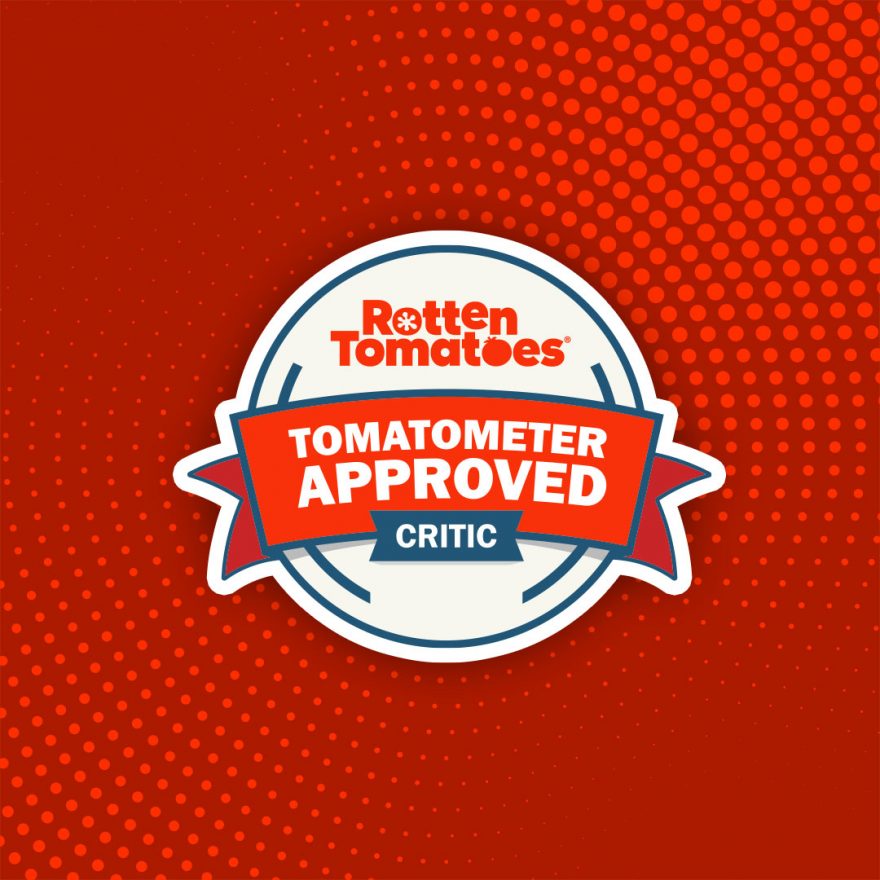Hillbilly Elegy

By Joanna Langfield
Yes, I was miserable watching this. But not for the reasons I should have been.
How could Ron Howard’s adaptation of J.D. Vance’s memoir be this downright dull? This story of a rural family, one rife with drama, feels flat, an uninvolving look at what could have been a revealing peek into what some Americans face every day.
For me, a film like this does intrigue, because I spent most of my time during, and a great deal afterwards, trying to figure out just what went wrong. While some might write off Howard as the wrong guy for the job, I’m not sure that’s the problem. A filmmaker as experienced and accomplished as he should be able to tell this, sadly, not all that uncommon story. And screenwriter Vanessa Taylor, who brought far more empathy and verve to work as diverse as The Shape of Water and Game of Thrones, should have been able to handle this, a story that’s been the stuff of far more compelling art. But together, the filmmakers never find the drama or even, for the most part, the energy this or any film deserves.
It’s not young Louis Basso’s fault that, as J. D., he’s asked to play a pretty blank slate. Anyone who even takes a quick glance at the real J. D’s Twitter page will see that, for better or worse, this man who found his way out is anything but milquetoast. And so, because the movie J. D. is so square, we don’t worry as much as we should, watching him grow up in a mess of a family, one where his favorite memories are those of his Kentucky summers, where he is bullied and almost drowned.
Amy Adams goes full throttle as J.D.’s drug addicted mom, but it’s Glenn Close who hits whatever notes this film has to offer. Buried beneath a ton of makeup, she conveys the grit I’m sure the filmmakers intended us to feel in the rest of this all too smooth bore.
